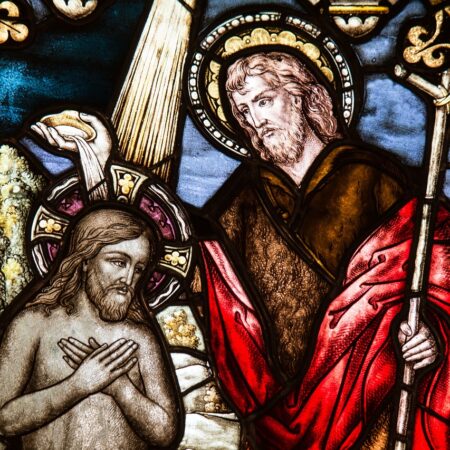Are Japanese people indifferent to religion?
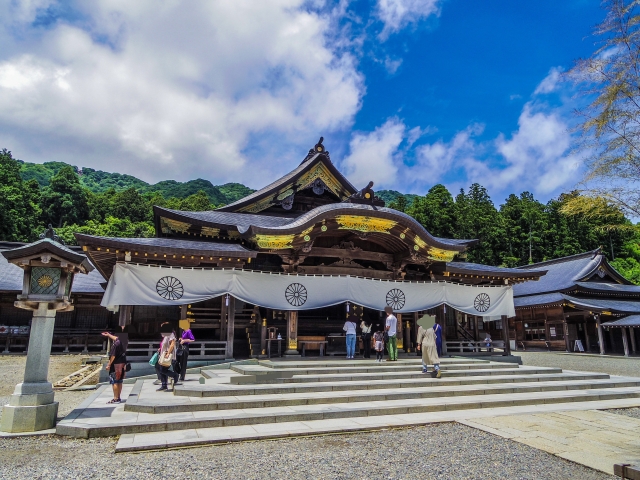
It's often said that Japanese people are not very interested in religion. Indeed, compared to followers of Christianity or Islam, Japanese people do not live their lives with a strong consciousness of religion.
However, it's not accurate to say that Japanese people live entirely without religion or faith. Japan's religious views have been shaped through history and continue to play a significant role in daily life, with a coexistence of Shintoism, Buddhism, and other beliefs, reflecting a spirit of diversity and harmony.
Japanese People and Religion
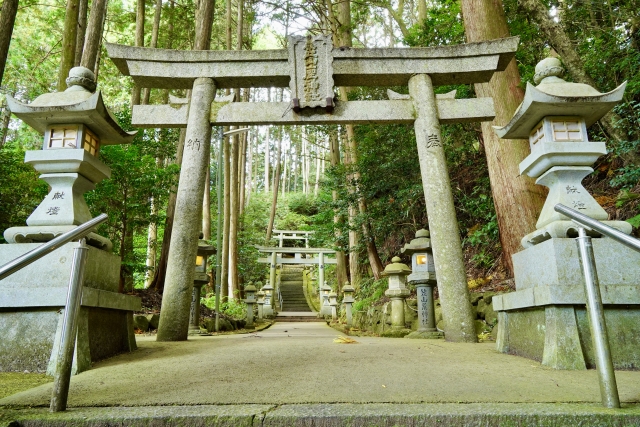
Shintoism significantly influences religion in Japan, deeply affecting many customs and events in daily life. Shintoism, Japan's indigenous religion, is based on the worship of nature and ancestors. In homes, it's common to set up a household shrine to venerate deities, offering daily gratitude and wishes. During the New Year's first visit to a shrine, many people pray for health and family happiness. Children's growth celebrations, such as seasonal festivals and Shichi-Go-San, also heavily reflect Shinto influences, demonstrating Shintoism's significance intertwined with Japanese life.
Religious Events and Japanese Life
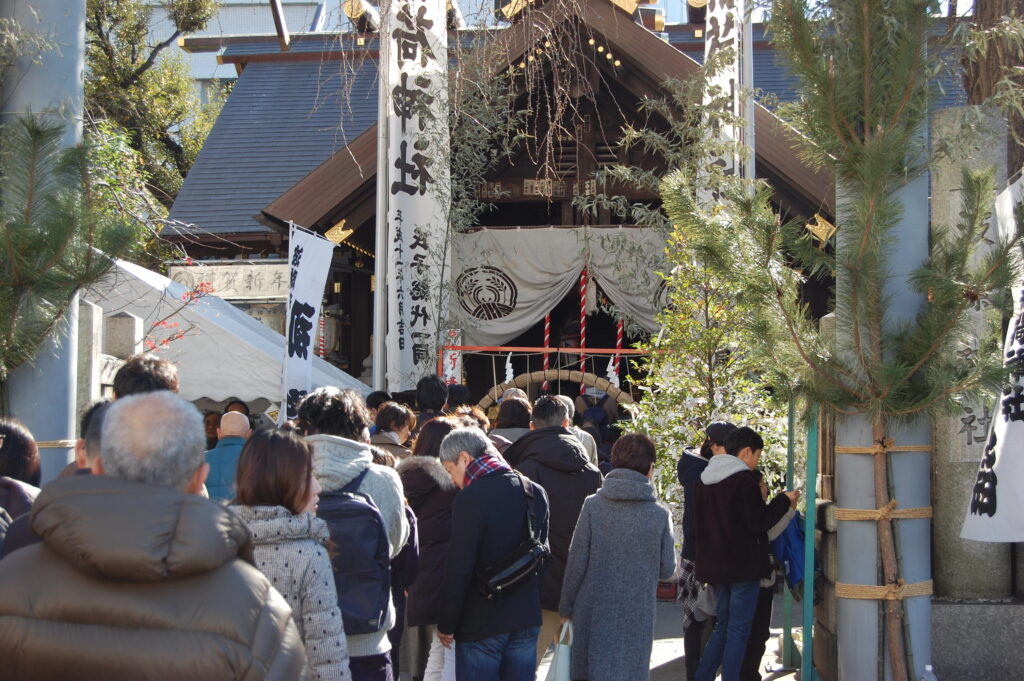
Shinto religious events are closely linked with Japan's annual festivities. The most iconic event is the New Year's visit to a shrine, where many people offer prayers for the new year. Local festivals (celebrated at Shinto shrines) also abound, each strengthening community bonds and preserving traditions. Famous examples include Kyoto's Gion Festival and Narita-san Shinsho-ji Temple's Setsubun in Chiba. These festivals, filled with gratitude and wishes to the Shinto deities, convey Japan's ancient culture and traditions. Other notable rituals include Obon, Shichi-Go-San, and the New Year's Eve bell ringing, each deeply ingrained in community life with religious backgrounds. Homes often have a household shrine or Buddhist altar, where daily reverence for ancestors and deities is a common practice.
Thus, numerous religious rituals and events are part of Japanese life, yet many Japanese do not necessarily perceive these as acts of faith towards specific deities. Even if asked about the historical backgrounds of New Year's visits, Obon, Shichi-Go-San, New Year's Eve bell ringing, or household altars, few Japanese could answer correctly. These religious rituals and events, deeply tied to Japanese society, are approached by Japanese people as a matter of course, with little consciousness of the underlying beliefs.
The difference from other religions is that Japanese religious rituals have stronger cultural than religious elements. They are accepted more as culture than as faith, allowing participation in rituals without active belief.
Contemporary Views on Religion
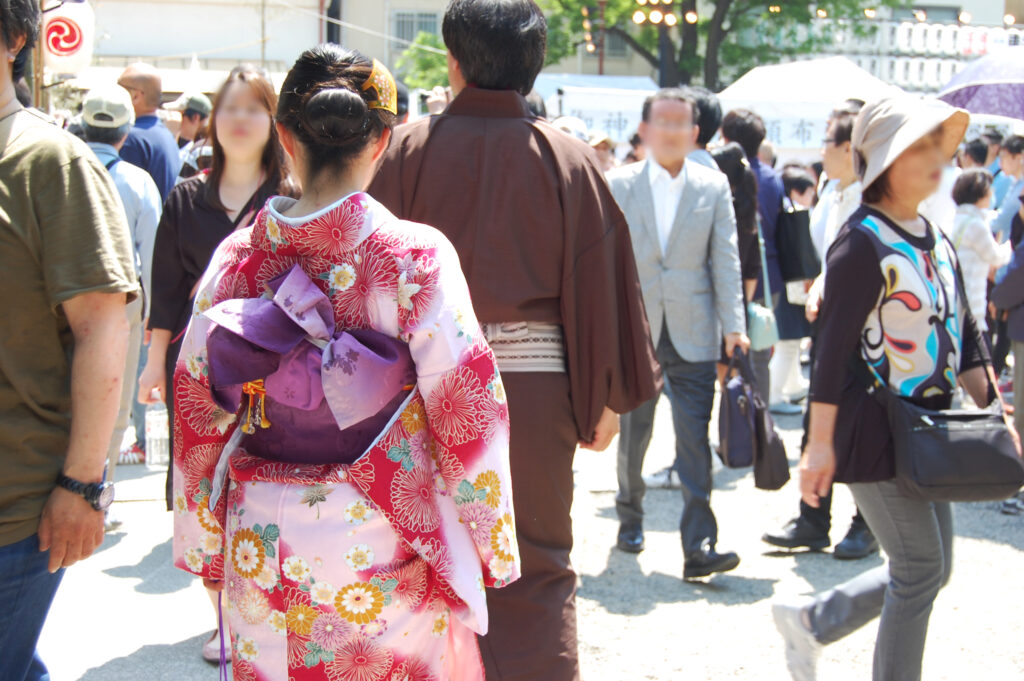
Modern Japanese views on religion are diverse, with many, especially among the younger generation, not holding clear religious beliefs. However, the influence of Shintoism remains deeply rooted in Japanese values and attitudes. Participating in formal Shinto events, such as the New Year's visit or local festivals, has become part of the cultural identity for Japanese people. This phenomenon reflects the contemporary Japanese approach to religion, which prioritizes culture and tradition over religious belief.
Religion and Japan's International Relations
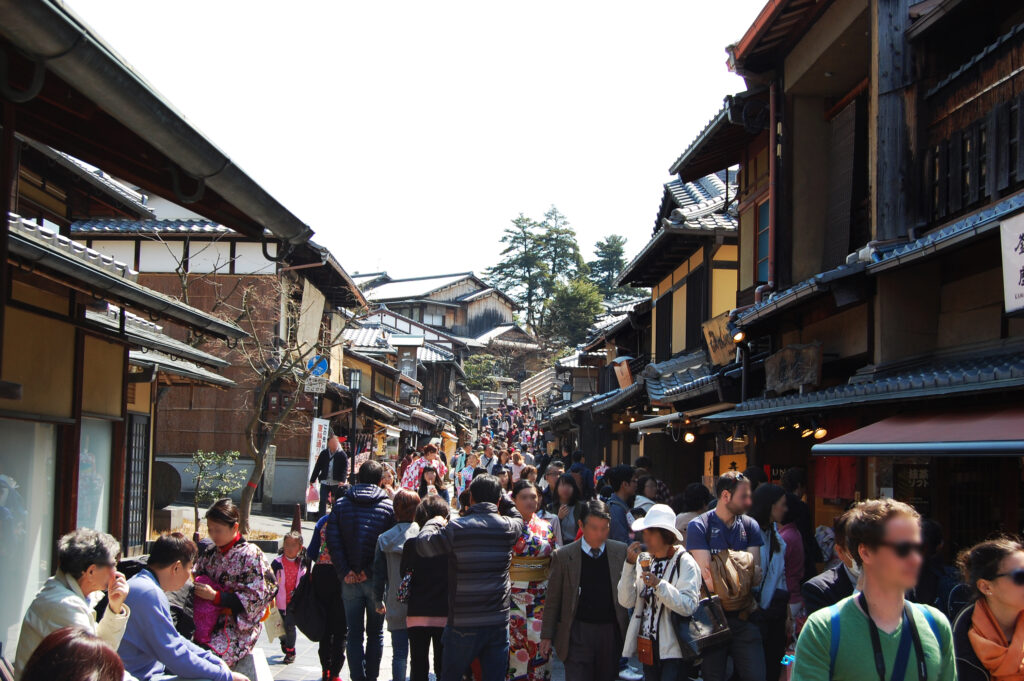
Shintoism, symbolizing Japanese culture and identity, also plays a non-negligible role in international relations. Shinto beliefs and festivals are often showcased in international cultural exchanges, enhancing global interest in Japanese culture and promoting international understanding and friendship. Thus, Shintoism serves as an important means of introducing Japan to the world, conveying traditional culture to the international community.



